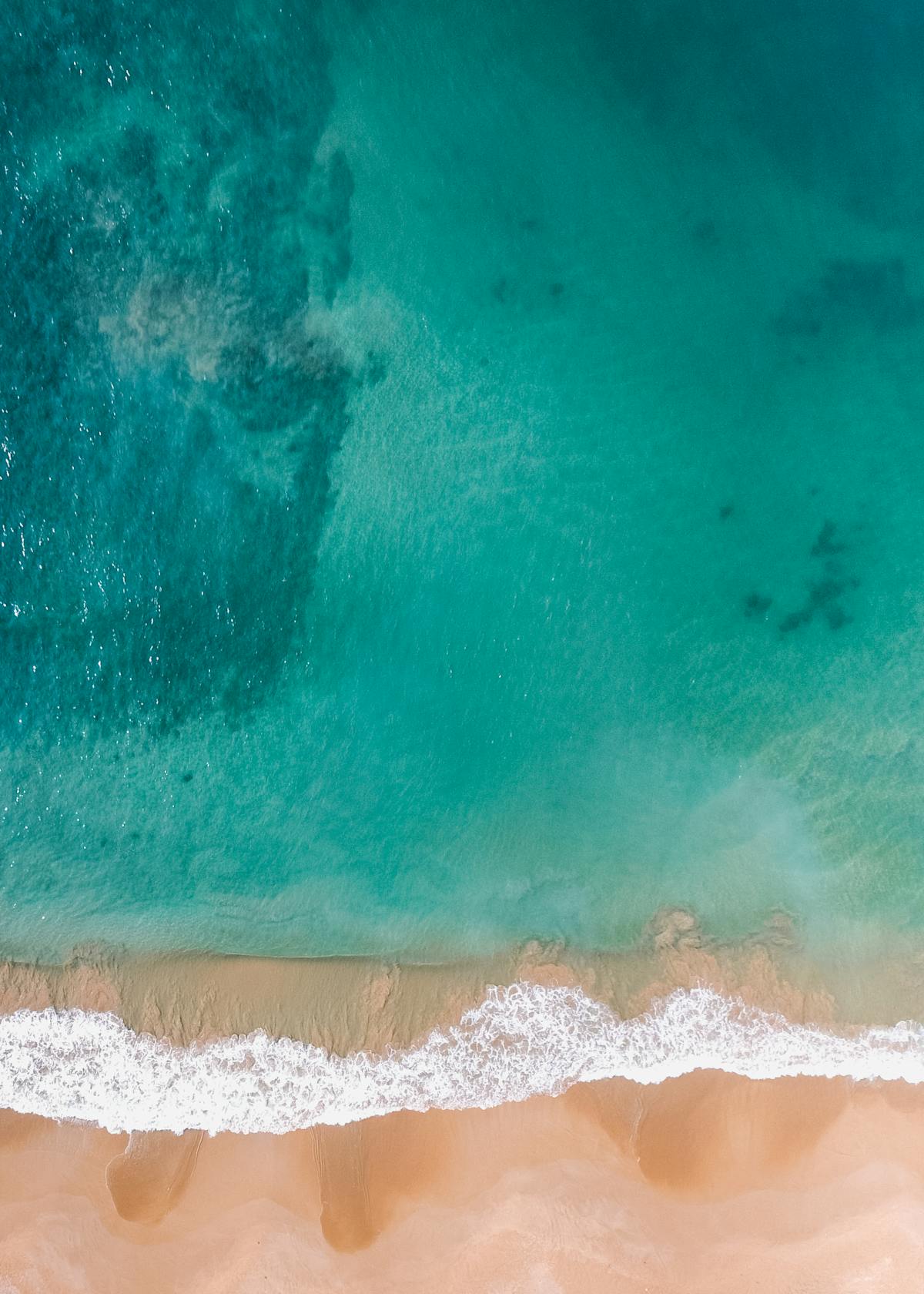The United States military issued a formal apology to the Caribbean Tourism Organization this week after what officials are calling an “unfortunate case of mistaken identity” resulted in the destruction of what they initially believed to be an unlicensed pleasure cruise operating in international waters.
The incident, which occurred Tuesday in the southern Caribbean, left 11 suspected members of the Tren de Aragua organization dead after U.S. forces conducted what Defense Secretary Pete Hegseth described as a “precision maritime safety enforcement action” against what appeared to be a vessel violating international cruise regulations.
“Our satellite imagery clearly showed a boat full of people enjoying what looked like a Caribbean party cruise,” Hegseth explained during a Pentagon briefing. “We naturally assumed they were operating without proper tourism permits and took appropriate action to protect the integrity of the regional vacation experience.”
The mix-up reportedly began when military analysts reviewing drone footage observed individuals on the vessel appearing to celebrate enthusiastically while handling what intelligence officers interpreted as “party favors” and “cruise refreshments.” The boat’s erratic navigation pattern was initially attributed to “overly festive passengers affecting the captain’s steering.”
Caribbean tourism officials expressed concern about the potential impact on the region’s reputation as a safe vacation destination, particularly given the military’s apparent difficulty distinguishing between illegal drug trafficking and legitimate leisure activities.
“We understand the military wants to protect our tourism industry, but perhaps a brief consultation with our cruise ship schedules might have prevented this misunderstanding,” said Maria Santos, spokesperson for the Caribbean Tourism Organization. “Most of our licensed operators don’t typically transport cocaine or carry automatic weapons during sunset cocktail service.”
The incident has prompted calls for enhanced maritime identification protocols, with several cruise lines requesting that military forces verify passenger manifests before conducting “safety enforcement actions” against vessels in Caribbean waters.
President Trump defended the military’s response, noting that the destroyed vessel was “definitely not following proper cruise regulations” and had failed to display appropriate vacation-themed decorations that would identify it as a legitimate tourism operation.
“If they wanted to be treated like a cruise ship, they should have had a buffet line and maybe some shuffleboard,” Trump commented during a social media post. “Our military did an incredible job protecting Caribbean vacations from unlicensed competitors.”
The State Department has reached out to Venezuelan officials to clarify whether the destroyed vessel was operating under any legitimate tourism permits, though responses have been limited given ongoing diplomatic tensions over the country’s apparently unconventional approach to hospitality industry regulation.
Military officials announced plans to distribute illustrated guides to help service members distinguish between authentic Caribbean cruise experiences and what they termed “non-traditional maritime recreational activities.” The training materials will reportedly include sections on proper vacation attire and acceptable cruise ship beverage service protocols.
Tourism industry representatives have welcomed the military’s commitment to protecting legitimate vacation operations while requesting that future maritime safety enforcement actions include verification procedures to prevent similar misunderstandings.
The Pentagon has established a new hotline for cruise operators to report their planned routes, ensuring that legitimate vacation activities can continue without interference from overzealous maritime safety enforcement.
Several major cruise lines have announced plans to enhance their vessel identification systems, including prominent display of vacation-themed banners and mandatory steel drum music to clearly distinguish their operations from unlicensed maritime activities.
The incident has also prompted discussions about international maritime law regarding the protection of vacation experiences, with legal experts noting the complex jurisdictional issues surrounding cruise ship safety enforcement in international waters.
Venezuelan officials have not yet responded to requests for clarification about their tourism industry regulations or licensing procedures for maritime recreational activities.
Source: Pentagon briefing, Caribbean Tourism Organization, State Department

